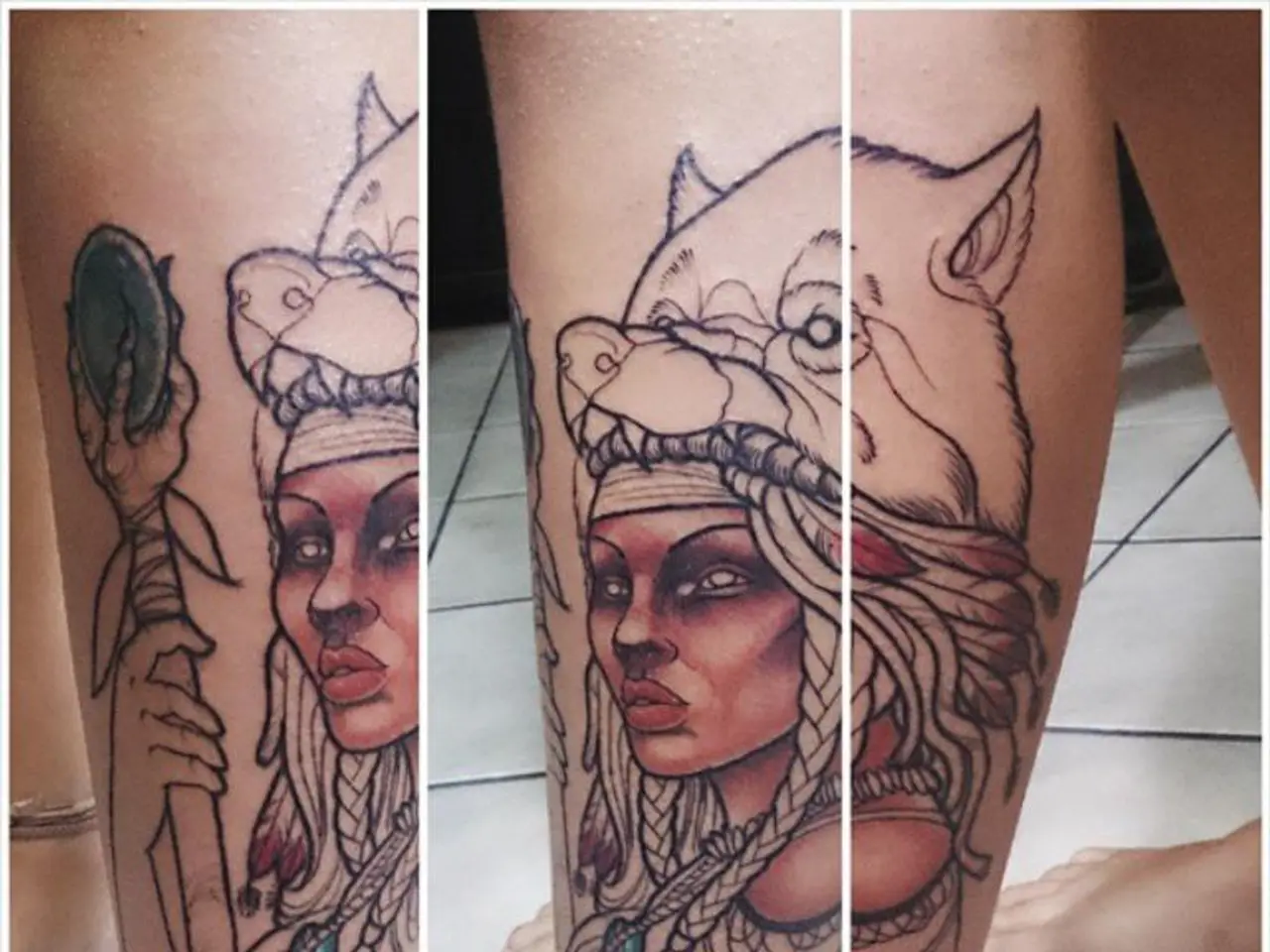Pioneering a future of stitchless tissue restoration, promoting faster healing processes
In a groundbreaking development, Tissium, an MIT spinout, has received FDA De Novo marketing authorization for its biopolymer platform, specifically designed for peripheral nerve repair [1][2][3][4]. This approval marks a significant milestone, as Tissium begins offering surgeons a new solution for tissue repair based on technology developed at MIT.
The biopolymer technology enables suture-free, trauma-free tissue repair by using flexible, biocompatible polymers that conform to tissue. These polymers, which can be 3D printed for customizable implants, make the surgical process less invasive and improve healing outcomes [1].
The technology's flexibility and programmability allow tuning of polymer degradation and mechanical properties, opening possibilities for numerous medical applications beyond nerve repair. Tissium encourages collaboration with medical professionals to explore its use in improving standards of care in various tissues and indications [1].
Jeff Karp, a former postdoc in MIT's lab, played a significant role in developing the elastic materials used in Tissium's polymers. Maria Pereira, a visiting PhD student in Karp's lab, optimized the material's ability to attach to wet tissue [1].
The FDA approval represents the transition from research to an approved treatment, fulfilling the goal of advancing patient care and reflecting the success of MIT’s foundational work reaching clinical application [1]. Tissium's first product, designed for non-traumatic, sutureless nerve repair, has shown promising results, with studies indicating that it helped patients regain full flexion and extension of injured fingers or toes without pain [1][2].
In a recent trial of 12 patients, all patients that completed follow-up regained full flexion and extension of their injured digits and reported no pain 12 months after surgery [1]. A recent meta-analysis found that only 54 percent of patients achieved highly meaningful recovery following nerve repairs using sutures [1].
Looking ahead, Tissium has six products in development, including one ongoing clinical trial in the hernia space and another set to begin soon for a cardiovascular application [1]. The company's polymers can work with various tissue types, including nerves, cardiovascular, and abdominal walls [1].
Tissium's team is encouraging people in the medical field to reach out if they think their platform could improve on the standard of care. With its versatile, programmable, and 3D-printable polymer platform, Tissium is eager to apply its technology to other areas beyond nerve repair, contributing to the advancement of medical solutions and improving patients' lives.
[1] Tissium. (n.d.). Retrieved from https://tissium.com/ [2] FDA grants de novo authorization to Tissium for its biopolymer platform for peripheral nerve repair. (2021, March 24). Retrieved from https://www.fda.gov/news-events/press-announcements/fda-grants-de-novo-authorization-tissium-its-biopolymer-platform-peripheral-nerve-repair [3] Tissium's biopolymer technology for nerve repair receives FDA clearance. (2021, March 24). Retrieved from https://www.prnewswire.com/news-releases/tissiums-biopolymer-technology-for-nerve-repair-receives-fda-clearance-301256708.html [4] Tissium's biopolymer technology approved for peripheral nerve repair. (2021, March 24). Retrieved from https://www.finanznachrichten.de/nachrichten-2021-03/57256493-tissiums-biopolymer-technologie-fuer-peripheren-nerven-reparatur-zugelassen-53762308.htm
- This groundbreaking FDA approval for Tissium's biopolymer platform signifies a new chapter in scientific advancements, especially in the realm of peripheral nerve repair.
- The faculty at MIT, including Jeff Karp and Maria Pereira, played instrumental roles in developing the elastic materials for Tissium's polymers.
- The technology's breakthroughs in suture-free, trauma-free tissue repair using biocompatible polymers have the potential to revolutionize the entire ecosystem of medicine and health.
- With this approval, Tissium will provide surgeons with a novel solution for tissue repair, promising improved healing outcomes and reduced invasiveness.
- The technology's flexibility and programmability open avenues for numerous research opportunities beyond nerve repair, ranging from medicine to health-and-wellness, and therapies-and-treatments.
- The success of Tissium's first product, designed for non-traumatic, sutureless nerve repair, has shown remarkable results, with patients regaining full flexion and extension of injured limbs without pain.
- TheFDA approval symbolizes the transition from fundamental science and research to the commercialization of approved treatments, propelling the academic research to clinical application and enhancing patient care.
- Tissium's six products in development, including ongoing and upcoming clinical trials in diverse areas like hernia and cardiovascular applications, demonstrate the company's commitment to expanding its technology's influence and improving patients' lives.
- Tissium encourages collaboration with the medical community to explore the application of its versatile, programmable, and 3D-printable polymer platform in advancing the standards of care for various medical conditions.
- With its potential to work with various tissue types, Tissium's technology could contribute significantly to science's ongoing exploration of the universe, including medicine, space research, and materials science, promoting continued breakthroughs and advancements across all fields.




